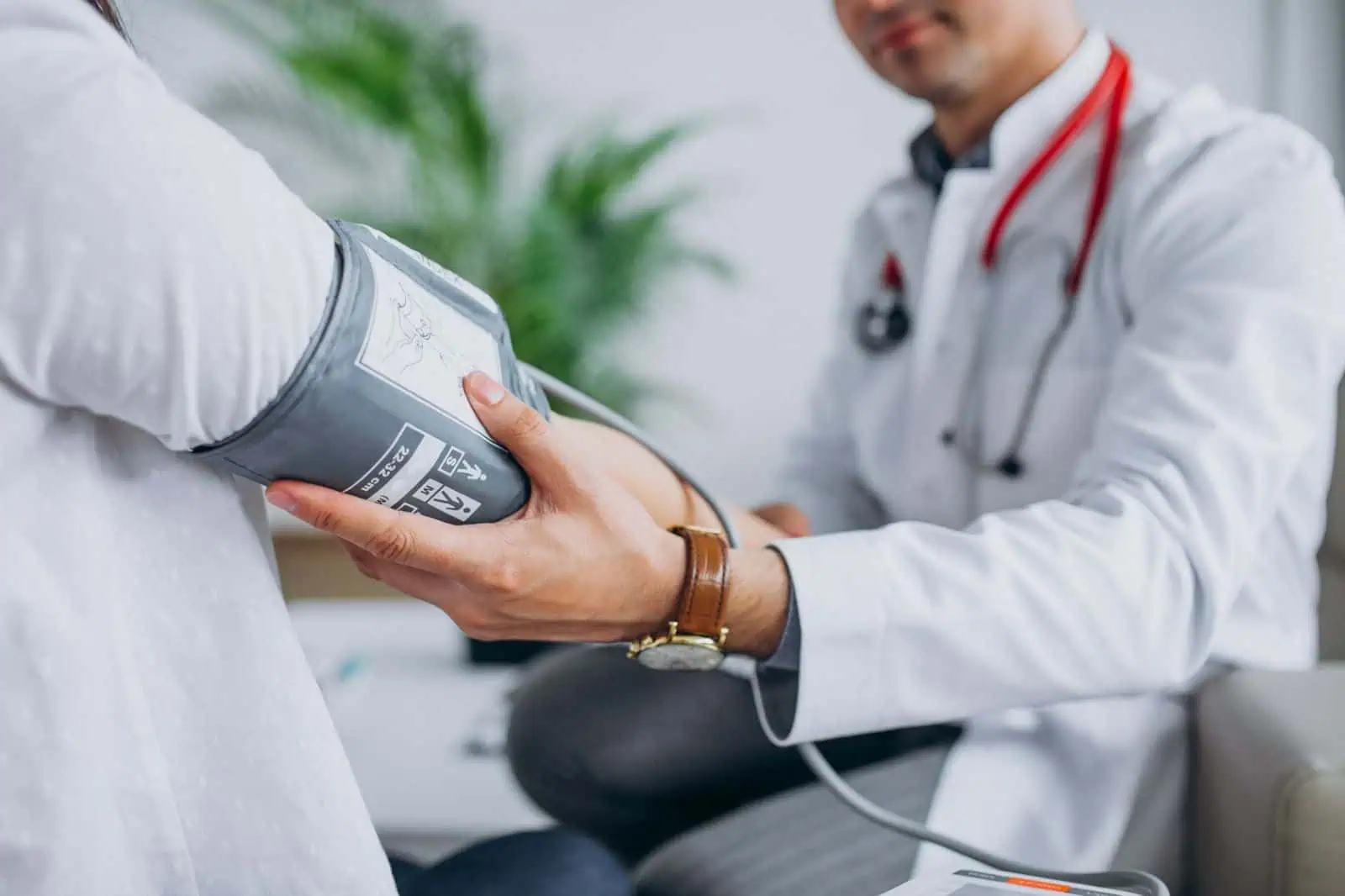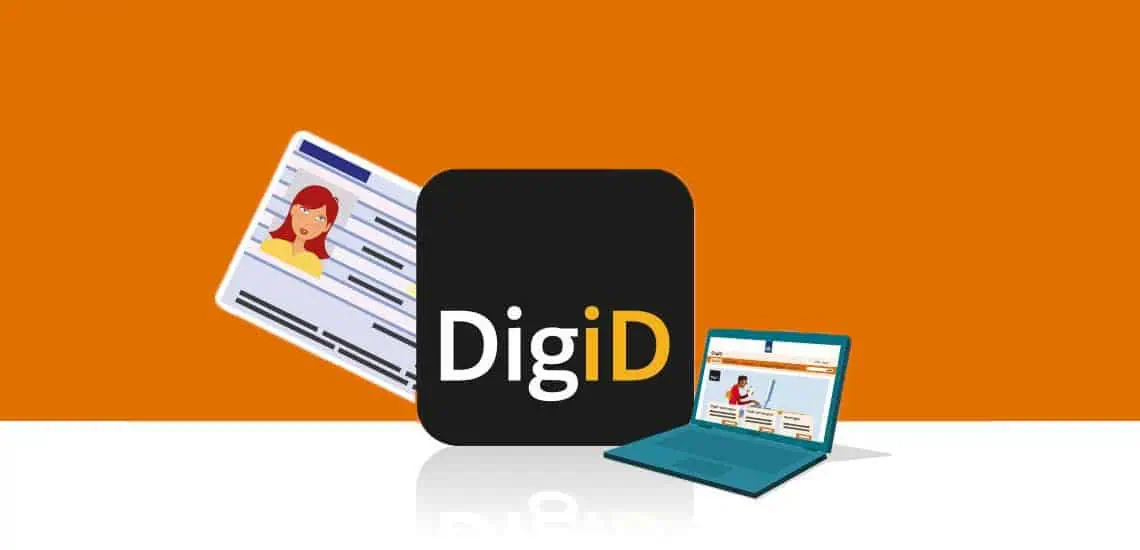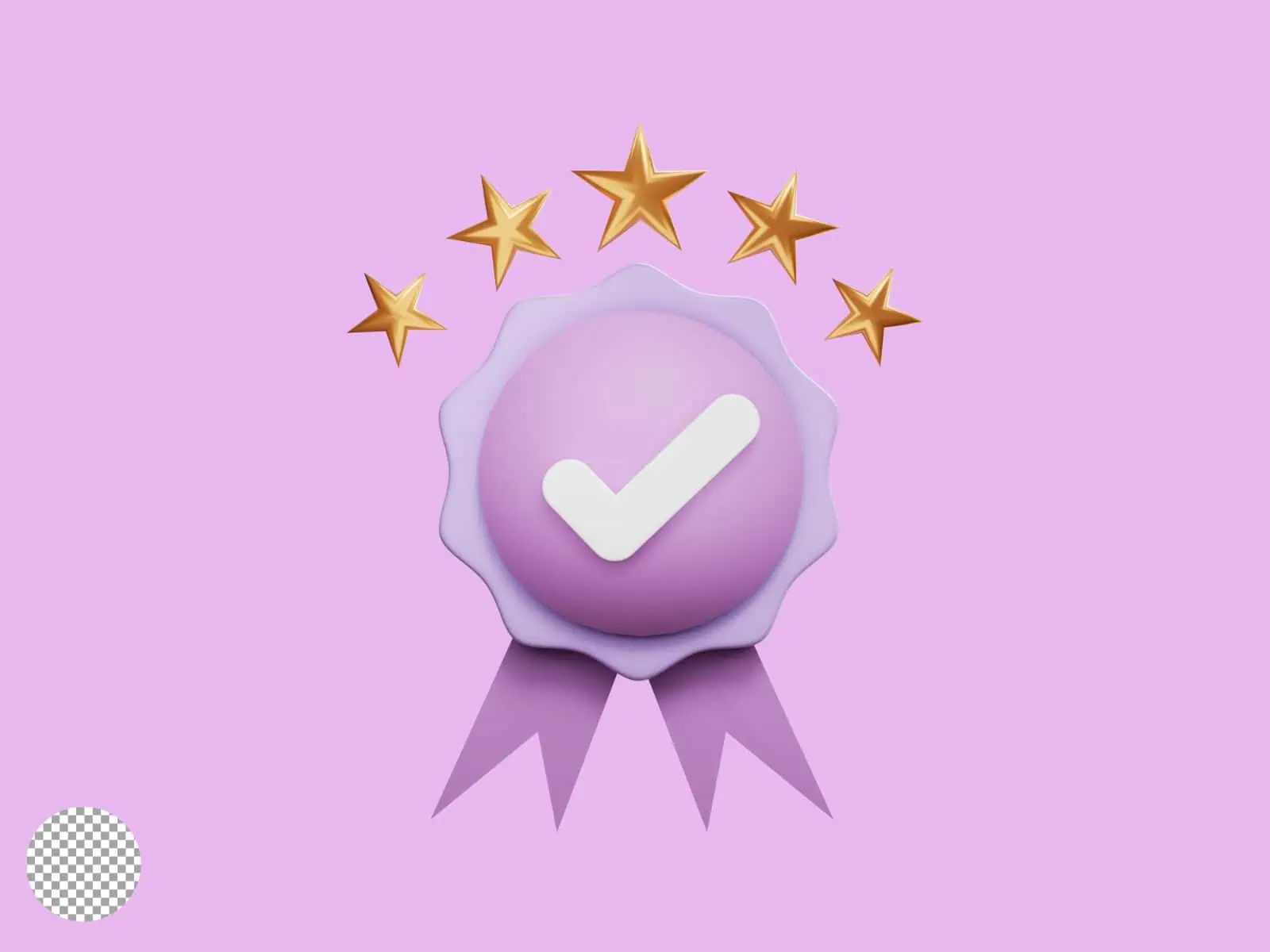Dental care in the Netherlands is an essential part of the country’s high-quality healthcare system. The healthcare system is partially funded by the government and supplemented by private health insurance providers. As a result, all residents in the Netherlands are required to have private health insurance, which includes coverage for basic dental procedures such as annual check-ups, cleaning, and caries treatment.
Health Insurance Coverage for Dental Care
Basic Dutch health insurance provides coverage for essential medical care, including visits and treatments by a General Practitioner (GP), prescriptions, and hospital stays. The government guarantees this minimum standard of coverage, which also includes midwifery, mental health care, and physiotherapy for individuals with chronic diseases or conditions. Additionally, individuals can customize their health insurance packages to include supplementary services like acupuncture, homeopathy, orthodontics, and dental care.
For individuals not covered by the Dutch public health scheme or those who desire a higher level of coverage, various expat-friendly private health insurance options are available.
Quality of Dutch Dental Care
The standard of dental care in the Netherlands is generally very high, and the country ranks among the top 10 in the OECD’s 2020 Decayed, Missing, and Filled Teeth Index (DMFT). This index is a European ranking of countries with the healthiest teeth, highlighting the effectiveness of dental care in the Netherlands.
Dental Insurance in the Netherlands
Basic Dutch health insurance typically covers basic dental procedures, such as check-ups, cleaning, and caries treatment. The cost of this insurance can vary depending on the provider but generally falls within the range of €110 to €120 per month.
However, for more serious dental procedures like surgeries or implants, it is advisable to invest in supplementary dental insurance. This additional coverage can help offset the costs associated with these advanced treatments.
Finding a Dentist in the Netherlands
While there are many dental practices throughout the Netherlands, availability can sometimes be limited, and practices may not be able to accept new patients. To secure a spot with a dentist, it is essential to seek recommendations within your expat circle and apply to multiple practices if needed.
Several search portals, such as Tandarts, Doctena, and Tandarts, can help you find and register with a dentist in your local area. Additionally, a quick Google search will provide a list of dental practices in your neighborhood. Many patients also leave public reviews for dental staff and services, which can aid in making an informed choice. Dentists in the Netherlands are also required to list their prices on their websites, allowing patients to choose a dentist that fits their budget.
Finding an English-Speaking Dentist in the Netherlands
Fortunately, finding an English-speaking dentist in the Netherlands is not a challenge, as the Dutch are known for being some of the best non-native English speakers in the world. Many dental practices, including Lassus Tandartsen in Amsterdam and Villa Westhof Tandartsen in Nijmegen, have staff who are fluent in English, German, and French. Online directories can also assist in locating expat-friendly dentists across the country.
Visiting a Dentist in the Netherlands
Once you have registered at the dental practice of your choice, you can schedule your first appointment. Appointments are usually made over the phone or through the practice’s website. In general, you can secure an appointment within a week. However, for dental emergencies, such as a broken tooth or severe pain, most practices offer the option to book an appointment within 24 hours.
The Cost of Dental Care in the Netherlands
The government sets the cost of dental treatments through the Dutch Healthcare Authority (De Nederlandse Zorgautoriteit or NZa). To find out how much you can expect to be reimbursed for dental treatments, you can check with your health insurance provider once your dentist provides a quote.
Reimbursement Percentage and Annual Limits
Supplementary dental insurance usually covers a certain percentage of your dental expenses, with options ranging from 25% to 100%. Additionally, you can set a specific yearly limit for coverage, which affects the cost of your insurance.
When selecting health insurance and supplementary dental care, it’s crucial to check if the policy specifies a maximum annual reimbursement. This maximum amount indicates the highest sum that the insurer will guarantee to reimburse within a year, often set at around €1,500. If your dental expenses exceed this amount, you will be responsible for covering the additional costs.
Low-Cost Dental Care in the Netherlands
Dutch dental care follows a single standard of dentistry across the country, operating under the same rules and with the same insurers. While it may not be the cheapest compared to some other European countries, dental care in the Netherlands can be considered affordable relative to the average salary. For instance, basic tooth fillings cost around €88.41, while the minimum wage for individuals over 21 is € 1.995,00 per month.
If you are looking to reduce dental care costs, you may be eligible for the
government’s healthcare allowance. If your salary falls within the minimum wage range for your age group, you can receive financial aid for your health insurance. You can check the Dutch government website to determine if you meet the criteria and how to apply for this assistance.
Children’s Dental Care in the Netherlands
Fortunately, all dental care is free for children under the age of 18 under basic Dutch health insurance. However, orthodontic treatment, including braces, is not covered.
Emergency Dental Care in the Netherlands
For emergency dental situations such as sudden severe toothache, fever after a dental procedure, broken teeth, and wisdom tooth removals, emergency dental services are readily available in the Netherlands.
Many dentists provide their emergency services. Calling your regular dentist will usually direct you to the appropriate course of action. Alternatively, you can contact an emergency helpline to find an out-of-hours dentist for assistance. Dental365 is one such service, available 24/7 in various regions across the country.
It’s recommended to keep a list of emergency dental numbers on hand in case urgent dental care is needed. The cost of a dental emergency in the Netherlands can range from €50 to €250, with the billing process typically the same as a regular dental visit.









